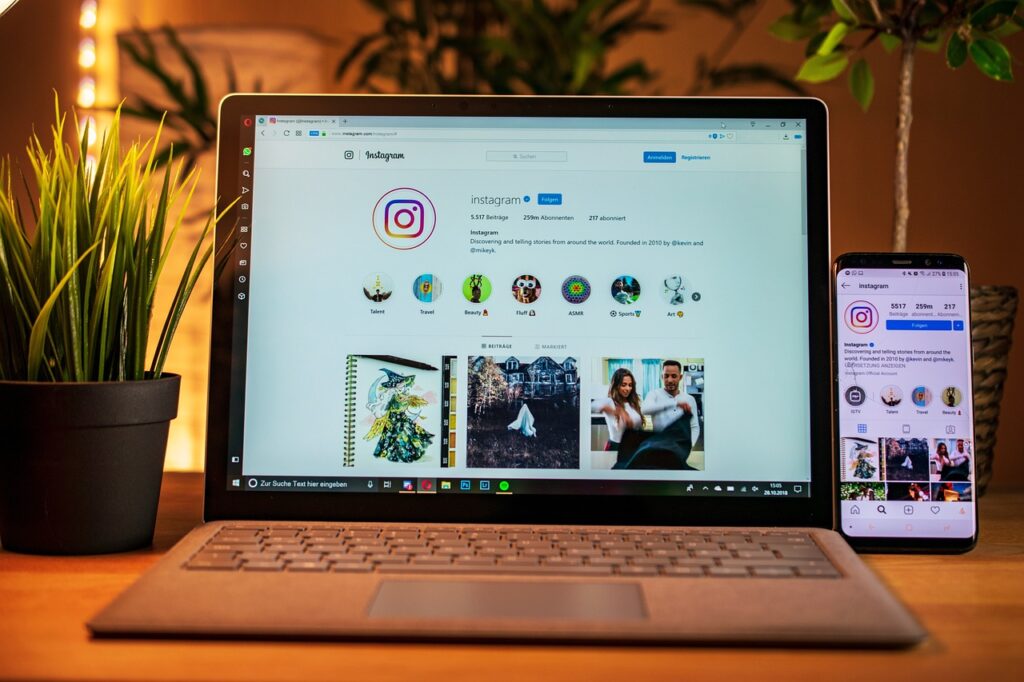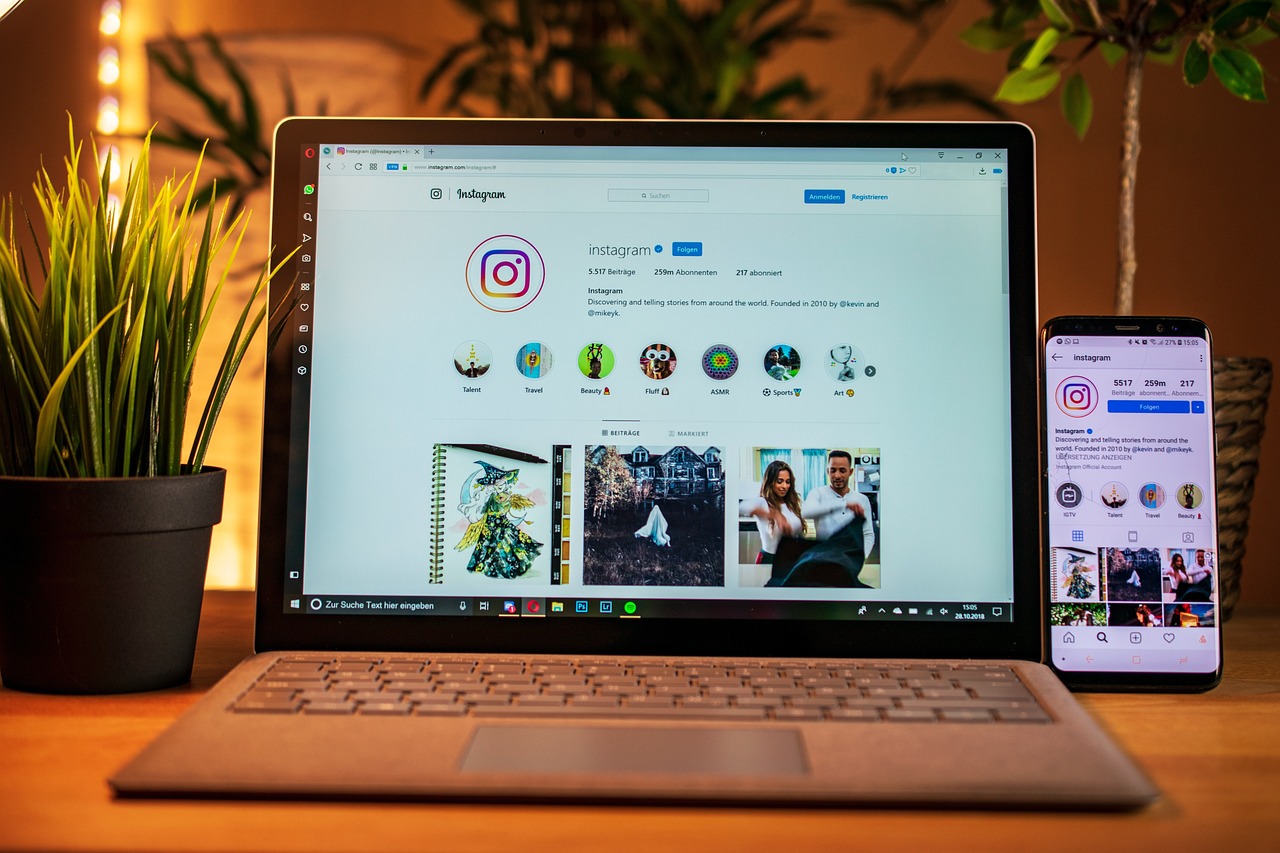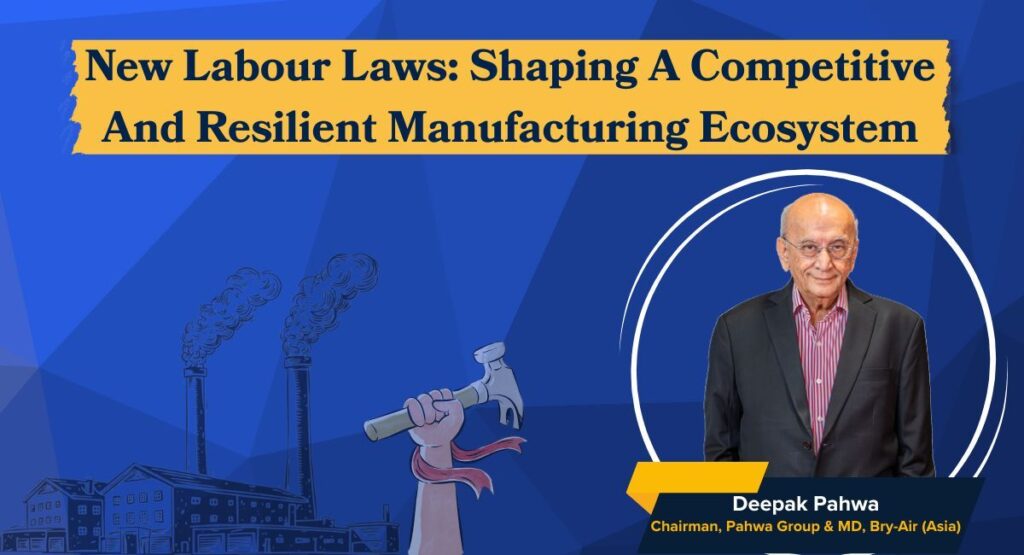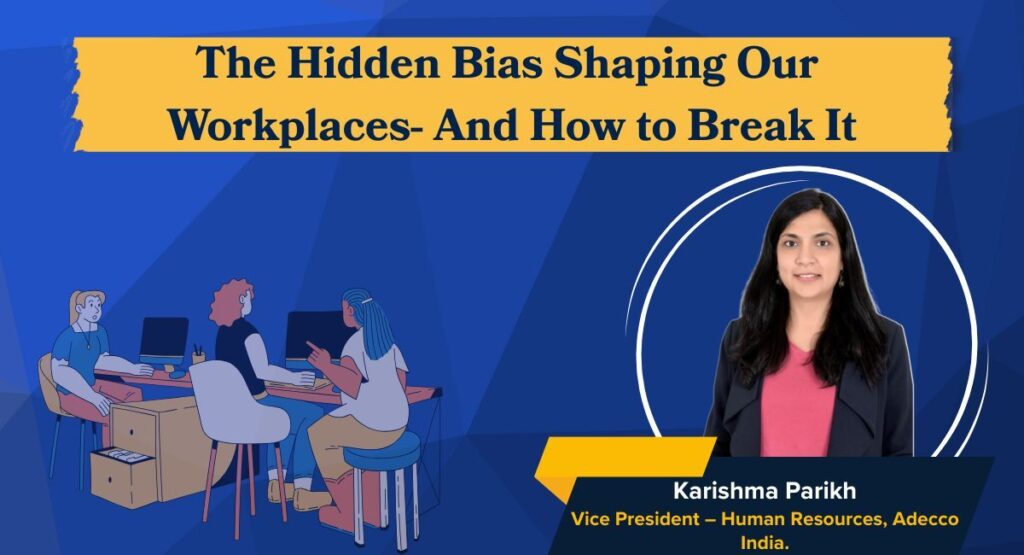There is no denying that social media is a powerful tool for professionals, but it can also be the reason for your downfall if not used wisely. A 2024 viral Reddit post highlighted this reality when a mental health startup dismissed an employee for merely liking a LinkedIn post that criticised toxic workplaces. She expressed her frustration, noting that the post resonated with her. However, the company’s CEO perceived her action as harmful to the organisation’s reputation, leading to her termination.
This incident underscores why every social-media action reflects on your employer. In this article, we’ll lay out the essential dos and don’ts of social media for employees, so you can harness its benefits without risking your career or your employer’s brand.
The personal-professional divide
We live in a hyper-connected world where the distinction between personal expression and professional identity is increasingly blurred. What we share online—even outside of a work context—can significantly impact our roles, reputations, and relationships within our organisations.
Chiranjeevi Pannem, CHRO at Assentcode Technologies, stresses the importance of being respectful, thoughtful, and consistent with one’s values. Employees should understand that their social media posts reach a global audience and can be misinterpreted, so they must treat their online presence as an extension of their professional identity.
Pannem recalls an instance where a well-meaning employee shared a meme that unintentionally offended some individuals. Although the post wasn’t directly related to work, its impact resonated within the workplace. “We opted for a conversation rather than a confrontation, which helped both parties develop a greater awareness,” he explains.
Avoid oversharing professional information
Oversharing professional details, such as company operations or client information, can hamper both personal and organisational security, particularly for those under non-disclosure agreements (NDAs). This can lead to significant legal consequences.
The importance of this caution is echoed by HR professionals like Anitha Govindaraju, Senior HR Manager at Ezone Security Solutions Pvt. Ltd., who points out that “sharing video clips of working patterns, processes, or employees is a clear no due to privacy policy concerns.”
This warning is especially pertinent in light of the rising trend of daily work vlogging, particularly among Gen Z. Such practices can inadvertently expose workplace environments, processes, and colleagues without their consent, resulting in privacy violations and potentially disclosing sensitive information.
Include a disclaimer
For social media users seeking to keep their personal and professional online presences separate, Alphabet Media’s Founder, Tejal Daftary, recommends a simple but powerful step: adding an opinion disclaimer clarifying that your views are personal and not your company’s.
This simple step can reduce the risk of potential conflicts with your company over personal social media content. A few examples of disclaimers you can include in your social media bio or posts to clarify that your views are personal:
- The views expressed are my own.
- All opinions are my own.
- The opinions shared here are solely mine and do not represent those of my employer / [insert employer name].
Rethink ‘Open to Work’
It’s not just traditional social media platforms like X (formerly Twitter) or Meta (formerly Facebook) that require careful use—professional networks like LinkedIn also call for discretion. If you’re conducting a confidential job search while still employed, using LinkedIn’s Open to Work feature can potentially compromise your privacy. Although there’s an option to make this status visible only to external recruiters, it doesn’t fully guarantee that your current employer won’t find out.
HR professionals such as Anitha Govindaraju have encountered situations where employees used this feature while still on the job. She notes that displaying an openness to new opportunities during active employment is not considered an appropriate practice within the organisation.
Adhere to your company’s social media policy
Last but not least, always make sure to follow your company’s social media guidelines. These policies are designed to set clear expectations for employee behaviour online, helping to protect both the company’s reputation and your professional standing.
A well-defined social media policy for employees typically outlines:
- What is considered appropriate to share
- Who is authorised to comment on behalf of the company, and what types of comments are they expected to make, along with the platforms they should use
- Whether company devices can be utilised for personal communication and/or social media
Ignoring these rules can lead to misunderstandings or even disciplinary action, so staying informed and compliant is essential.
Final thoughts
Your social media presence is your digital footprint—one that can follow you far beyond a single post. While you may be able to delete content, a screenshot taken by someone else can make it permanent and potentially damaging. That’s why it’s essential to approach social media responsibly. Striking a balance between exercising your freedom of speech and respecting your employer’s reputation or any associated brand is not just wise—it’s necessary. A thoughtful, measured approach can help you maintain personal expression and professional integrity online.





